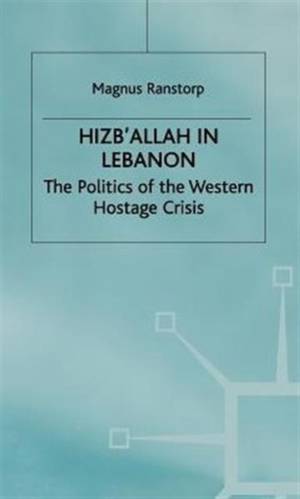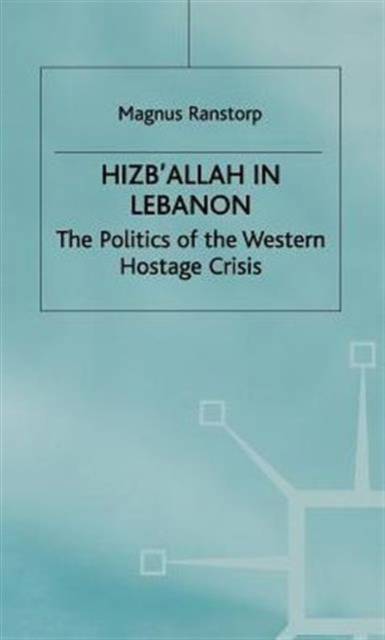
- Retrait gratuit dans votre magasin Club
- 7.000.000 titres dans notre catalogue
- Payer en toute sécurité
- Toujours un magasin près de chez vous
- Retrait gratuit dans votre magasin Club
- 7.000.0000 titres dans notre catalogue
- Payer en toute sécurité
- Toujours un magasin près de chez vous
192,95 €
+ 385 points
Format
Description
The abduction of Western citizens by Hizb'Allah was motivated either by internal organisational requirements or in alignment with Syrian and Iranian interests, and mechanisms for the resolution of the hostage-crisis were subject to continuous interaction between Hizb'Allah, Iran, and Syria influenced by internal Lebanese, regional, and international events. The Western responses to the hostage-crisis showed limited effectiveness as the crisis management techniques were poorly adjusted in timing and direction to the actual crisis environment. With the exception of the French response, the overall employment of Western crisis management techniques showed disregard for the opportunities and constraints in the fluctuating relationship between Syria and Iran as well as the political environment within Lebanon which the Hizb'allah operates and exists. This was clear by their failure to rely on either Iran or Syria as the only channel in negotiations over hostages without regard to their individual ability to exert its influence over the Lebanese movement in accordance with shifts in their ties to Hizb'allah's command leadership between 1987-1991 and to the status of the Iranian-Syrian relationship over time, as displayed by the friction between 1986-92. This study provides a new approach in the study of terrorism by merging a case-study of the dynamics of the Lebanese hostage-crisis with an evaluation of Western responses through crisis management techniques in order to more closely resolve the dilemma of the fulfilment of these states' duty to protect their citizens taken hostage abroad, without major sacrifices in the conduct of foreign policy.
Spécifications
Parties prenantes
- Auteur(s) :
- Editeur:
Contenu
- Nombre de pages :
- 257
- Langue:
- Anglais
- Collection :
Caractéristiques
- EAN:
- 9780333647004
- Date de parution :
- 27-11-96
- Format:
- Livre relié
- Format numérique:
- Genaaid
- Dimensions :
- 140 mm x 216 mm
- Poids :
- 498 g

Les avis
Nous publions uniquement les avis qui respectent les conditions requises. Consultez nos conditions pour les avis.






